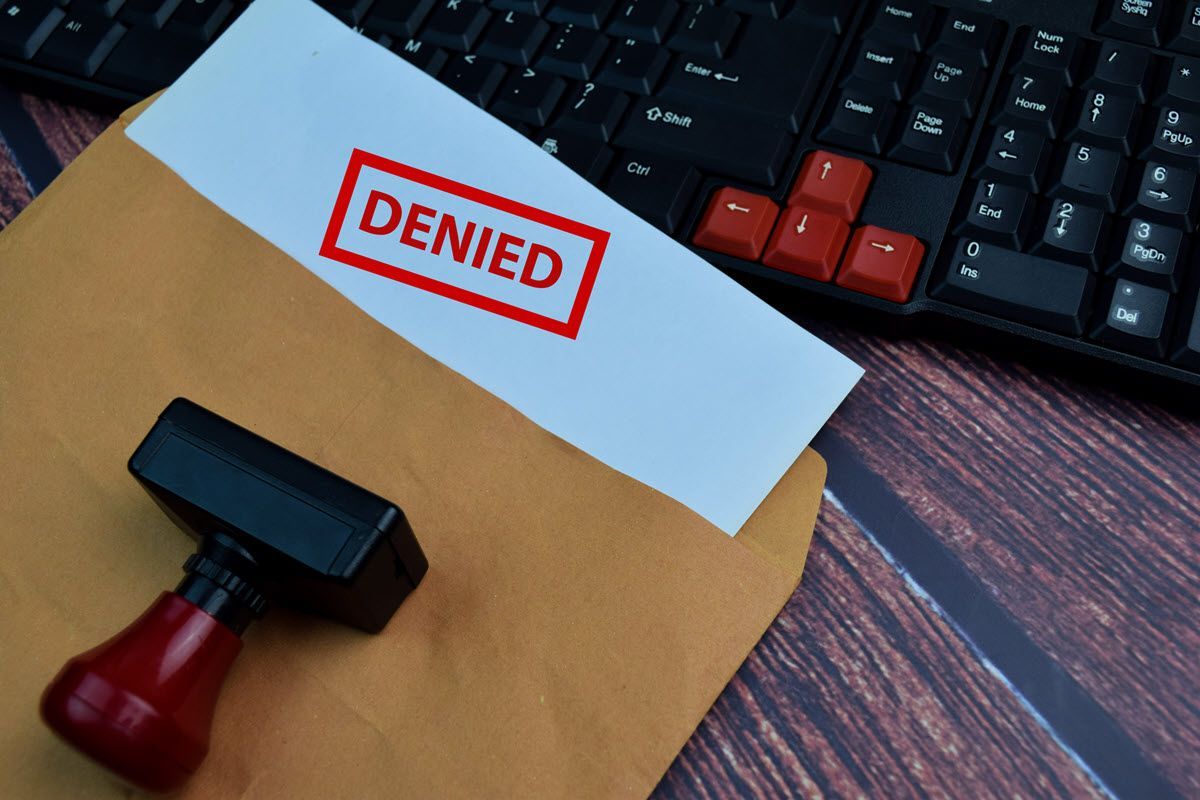
As October’s chill sets in and jack-o'-lanterns light up neighborhoods across the country, excitement builds for one of the most cherished holidays of the year: Halloween. For children, it’s a night of costumes, candy, and creepy fun. For parents and guardians, however, it’s also a time to be extra vigilant. As we enter the 2025 Halloween season, it’s important to embrace both the fun and the responsibility that come with it.
Here’s how to ensure Halloween night remains safe, magical, and memorable for everyone involved.
Costumes: Safety First, Style Second
Costumes are the heart of Halloween fun, but they should be as safe as they are spooky. When choosing or crafting a costume this year, opt for bright colors or incorporate reflective tape to improve nighttime visibility. While all-black outfits or elaborate disguises can look cool, they make it harder for drivers to spot pedestrians, especially in dimly-lit areas.
Make sure costumes fit properly. Oversized robes, capes, or trailing accessories can pose tripping hazards. Masks should fit comfortably and allow for clear vision and easy breathing. In fact, face paint is often a safer and more comfortable alternative.
Flame-resistant materials are also essential. Between decorative candles, bonfires, and carved pumpkins, fire risks are real. Avoid long, flowy fabrics and always check labels for safety certifications.
Trick-or-Treating: Planning Makes Perfect
Trick-or-treating remains a favorite Halloween tradition, but it requires thoughtful planning. Parents should accompany younger children and pre-teens, sticking to familiar, well-lit neighborhoods. Older kids who go out on their own should travel in groups, carry a phone, and establish clear rules about where they’ll go and when they’ll return.
Before heading out, review basic pedestrian safety: use sidewalks, cross streets at intersections, and never dart between parked cars. Carrying a flashlight or wearing glowsticks can further improve visibility. And while it’s tempting to run from house to house, encourage kids to walk—there’s plenty of time for fun without risking injury.
Candy Checks and Allergy Awareness
Once the treats are collected, it’s time to sort through the haul. Parents should inspect all candy and snacks for signs of tampering, including torn wrappers, unfamiliar branding, or anything that looks homemade (unless it’s from a trusted source). Discard anything suspicious, as well as anything that’s not age-appropriate for your child.
For children with food allergies, extra caution is needed. Many popular candies contain common allergens like nuts, dairy, or soy. Look for allergy-friendly options, and consider participating in the Teal Pumpkin Project, which promotes non-food treats like stickers or small toys for inclusive trick-or-treating.
Homeowners: Make Your Property Trick-or-Treater Friendly
If you're handing out treats this year, take a few steps to make your property safe and welcoming. Clear walkways of leaves, hoses, or decorations that might trip children. Keep your porch well-lit and avoid using real candles in pumpkins—battery-operated lights offer a safer alternative without sacrificing ambiance.
If you have pets, make sure they are securely indoors or restrained. Even the friendliest dogs can become frightened or overly excited by costumes and doorbell rings.
Embracing Tech and Trends
In 2025, Halloween has taken a digital twist in many neighborhoods. Some communities are using apps to track trick-or-treat routes, schedule trunk-or-treat events, or create interactive haunted house maps. Parents can use GPS tracking apps to keep tabs on older kids, and many smart doorbells now allow you to monitor activity at your home remotely.
While tech adds convenience and peace of mind, it should complement—not replace—real-world supervision and communication.
A Final Word
Halloween should be full of laughter, imagination, and shared joy. With a little preparation, a touch of common sense, and an eye on safety, 2025’s festivities can be both thrilling and secure. Whether you're donning a costume, handing out treats, or watching your little ghouls roam the night, remember: the best memories are made when everyone stays safe.
Happy Halloween! 🎃









